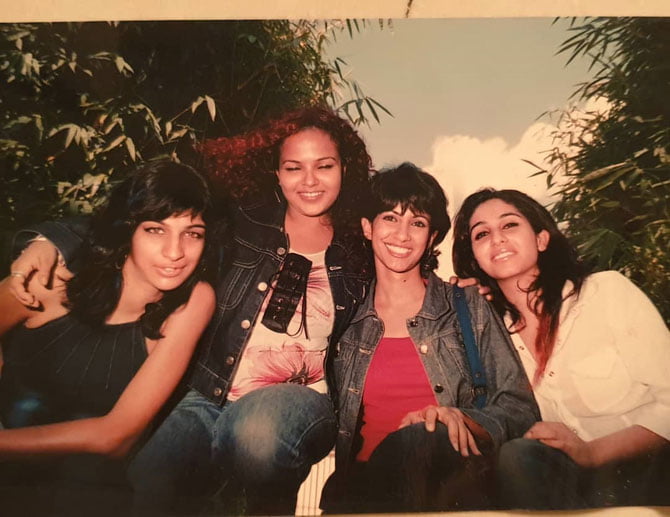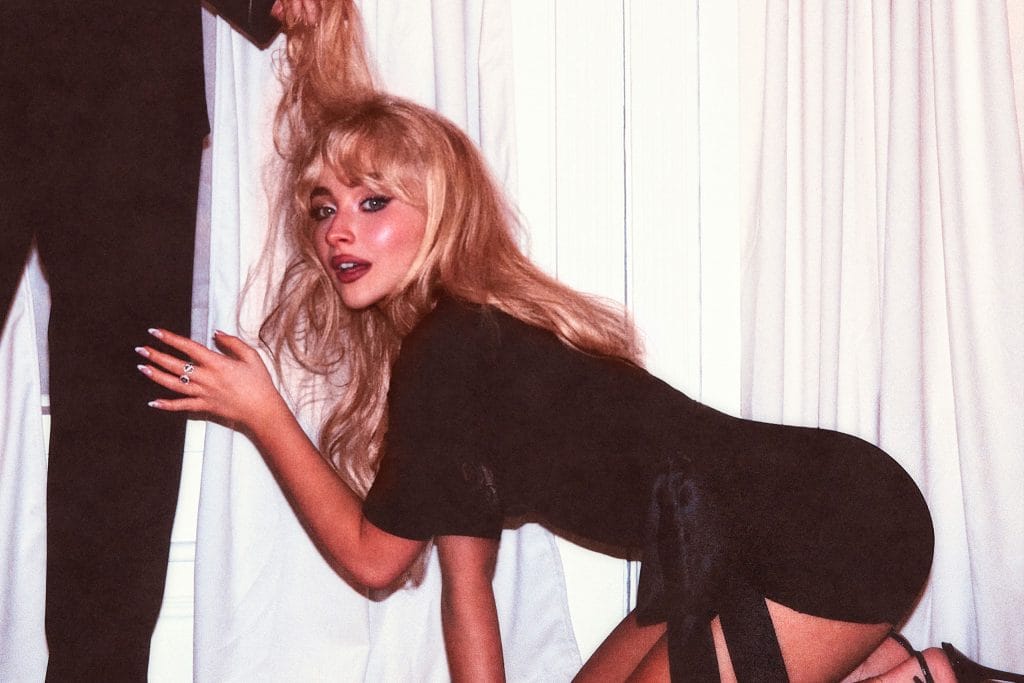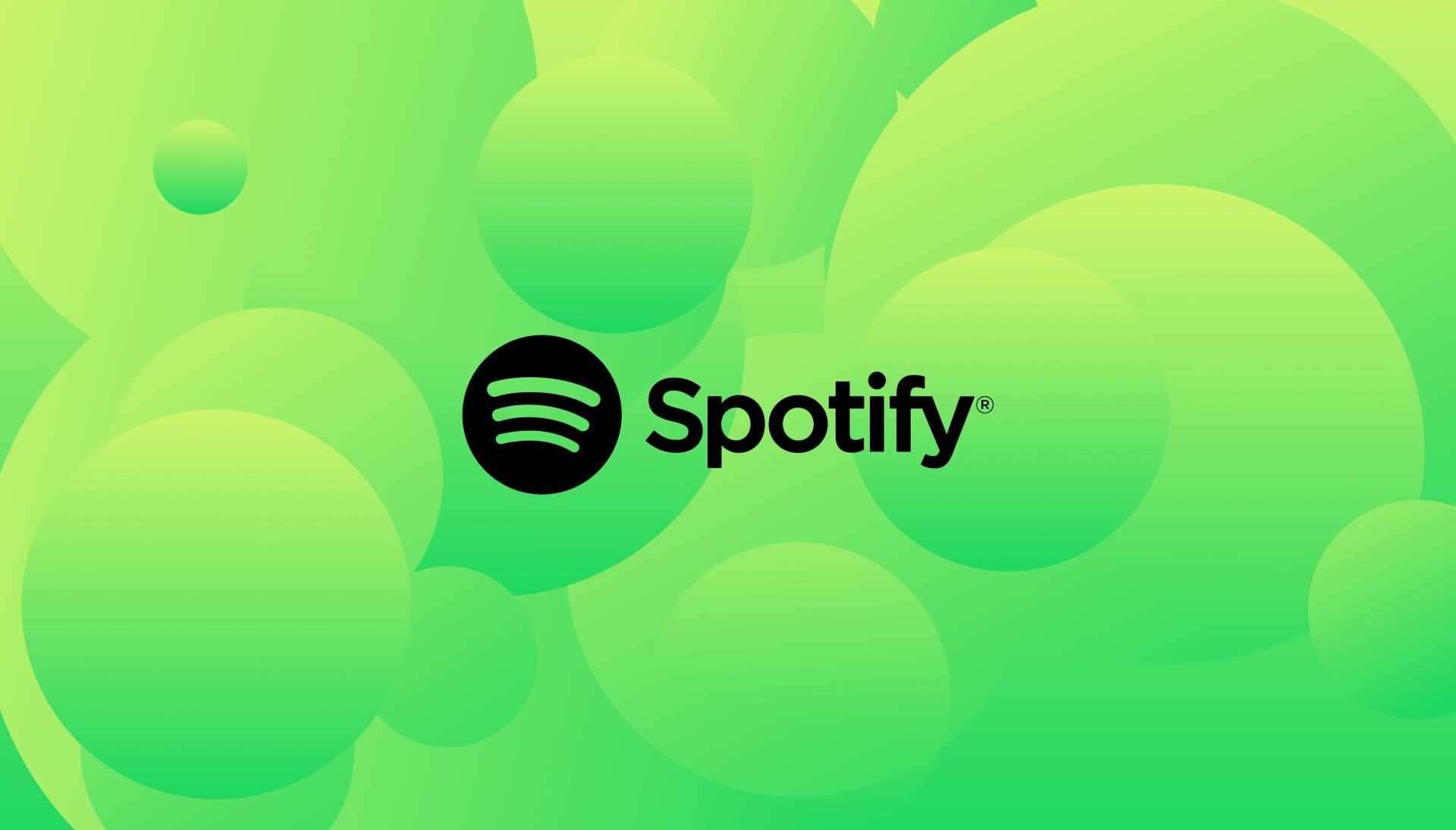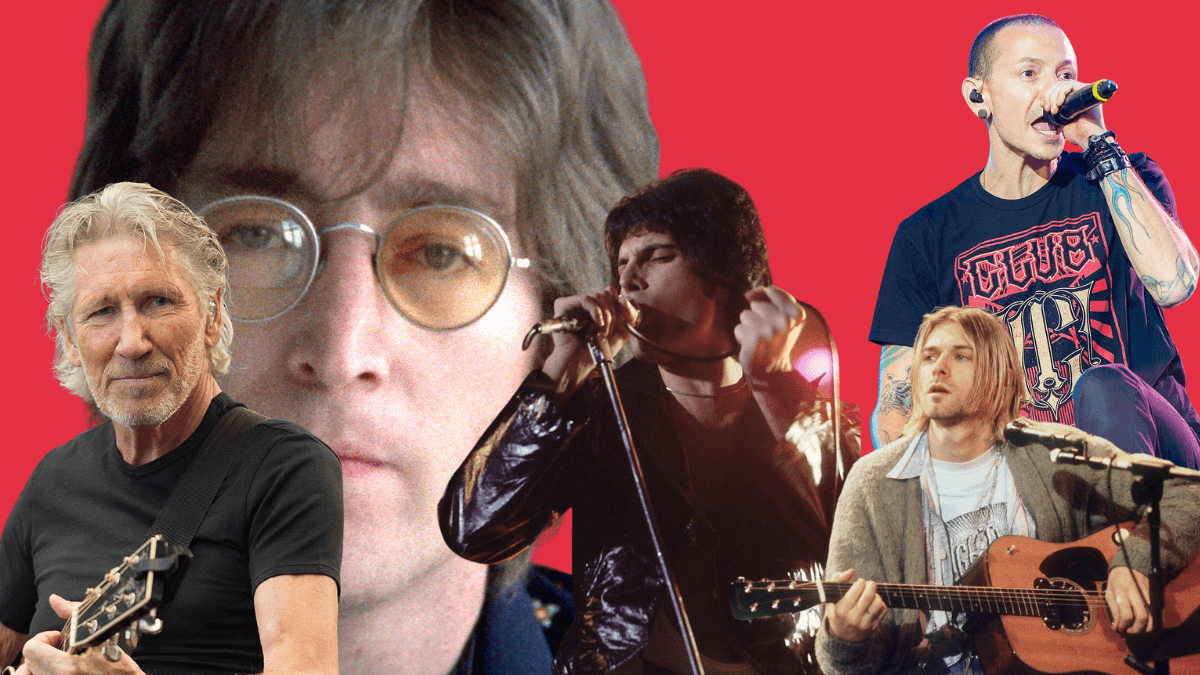The late 90s and early 2000s was a great time in Indian music, especially for independent artists and bands. With artists like Lucky Ali, Shaan, Alisha Chenai, Euphoria, Raageshwari, Silk Route, etc., we had lively Indian pop music that gave us some brilliant songs and memories. But the highlight for me was 17 years ago in 2002. Something very special happened in India’s music scene. For the very first time, we had an all-girl band that took the stage, became so massively hit and gave us songs that became youth anthems.
If you are a millennial born in the early 90s, I am sure you would remember the all-girl band VIVA. Seema Ramchandani, Pratichee Mohapatra, Neha Bhasin, Mahua Kamat and Anushka Manchanda formed VIVA after winning the contest launched by Channel V. VIVA was special in many ways: they were the first Indian pop stars, their songs weren’t just melodious but also rebellious and an act of defiance against the societal standards!
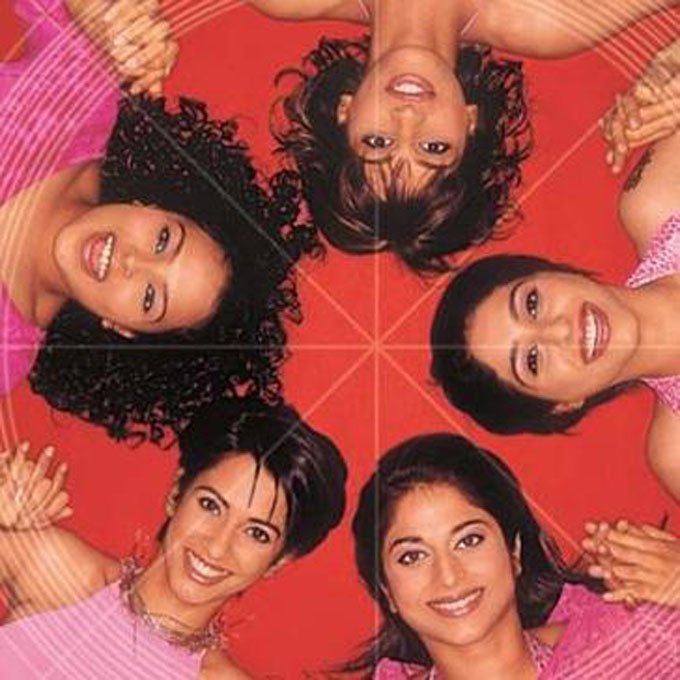
Unfortunately, VIVA fizzled out not very long after they came into the scene. Seema Ramchandani left the band after their first album and went on to join The Art of Living Foundation. The rest of them continued together for their last album, VIVA! Reloaded before disbanding in 2005. I won’t be exaggerating if I say that I was heartbroken when the band broke up.
Seema Ramchandani, Pratichee Mohapatra, Neha Bhasin, MAHUA KAMAT and Anushka Manchanda formed VIVA after winning the contest launched by Channel V. VIVA was special in many ways: they were the first Indian popstars, their songs weren’t just melodious but also rebellious and an act of defiance against the societal standards!
Agreed, there were bands before them and there were other artists that gave us great songs but none of them had what VIVA! had. Their songs announced the entry of new-age women who dress however they want, who speak their minds, who challenge the society openly and above all inspired a whole new generation of girls. The debut show had 50,000 attendees that formed a new Limca Record. Their first album became a massive hit with songs like “Jahan ho Pyaar ka Mausam”, “Hum Naye Geet Sunaye” and “Jago Zara”.
For the very first time, there were young women who were being admired for being outspoken and pointing out gender discrimination in society through their music. When their first album came out, I was 8 and since then their songs and music became a part of me. I remember being excited about an all-girl band’s existence and the possibility that girls too can be rockstars! Rockstar girls in India? Hell yeah! As a 90s kid, I bought the cassettes and religiously listened to their songs until I learned the lyrics to all their songs.
Also read: Dhai Aakhar Prem Ke: Talking About Gender-Based Violence Through Music
Teaching Feminism 101 through Songs
Even though VIVA instantly became famous, I think their songs never received the kind of appreciation and acknowledgement they deserved. For me, their music carried a message of breaking out of shackles, standing up for yourself, and a strong sisterhood. VIVA made #SistersBeforeMisters cool way before it was a thing!
It was rather ironic that here was a band who was challenging stereotypes, with their songs, their looks and their uniqueness while on the other hand, they were being forced to achieve unattainable beauty standards. They were body-shamed and given incentives for maintaining body weight. Their lives were under scanner all the time.
Their song ‘Jaago Zara‘ was a subtle reminder to reclaim your life and decisions, resist and fight against the oppression and the norms set by society.
“Puraani sab reetein na tumse kabhi jeetein,
Laute na zamana fir kal ka,
Naye jo raste hain tumhare waste hain,
Tumhari hain manzilein..”
I think the most underrated gem from their album was ‘Kali mai diya salaai‘ which took up patriarchy and smashed it into pieces. This was a song that invoked a strong feminist perspective and straight-up rejected bigotry. The message was loud and clear that girls will not put up with the absurd expectations patriarchy lays on them.
“Ajab chhakar hai in maa baap ka bhi,
Yeh ladki ko padhana chahte hain,
Par hukm hai magar inka,
Ki ladki kabhi apni marzi se na soche,
Woh kehdein din to ladki maan le din
Woh kehdein raat to ladki maan le raat,
Magar duniya ke sab maa- baap sun lein
Gulaami se hai inkaar humko..”
“Main akhbaro mein har din dekhati hun zaroorat
Ek BA Pass ladaki ho achhe gharane ki
thoda mooh uska gora, pati ke kahe par chale
vo sath laye bahut sone ke zevar
vo sath laye gaadi home theatre..”
Unfortunately, this song is unavailable on YouTube. It is interesting to think that a song that attacked patriarchal norms so explicitly was included in the debut album of VIVA.
Post Breakup
There was a lot of speculation of why the band broke up since there wasn’t any official statement and for a very long time, there were no comments made by the band members. Even some of their songs aren’t on the internet and there is very limited information available on the band. So finally, in 2014, Anushka, Mahua, Pratichee, and Neha came together and cleared some of the reasons behind their breakup in an interview with Ashish Kate.
It was rather ironic that here was a band who was challenging stereotypes, with their songs, their looks and their uniqueness while on the other hand, they were being forced to achieve unattainable beauty standards. They were body-shamed and given incentives for maintaining body weight. Their lives were under the scanner all the time.
Also read: The Feminist Journey Of Popular And Counter-Culture Music In India
By the end of it, they were all emotionally and mentally exhausted and decided to call it quits. They all went their separate ways and made their way into the industry.
References
Featured Image Source: Mid-Day
About the author(s)
Art| Photography| Poetry
Political and social being
